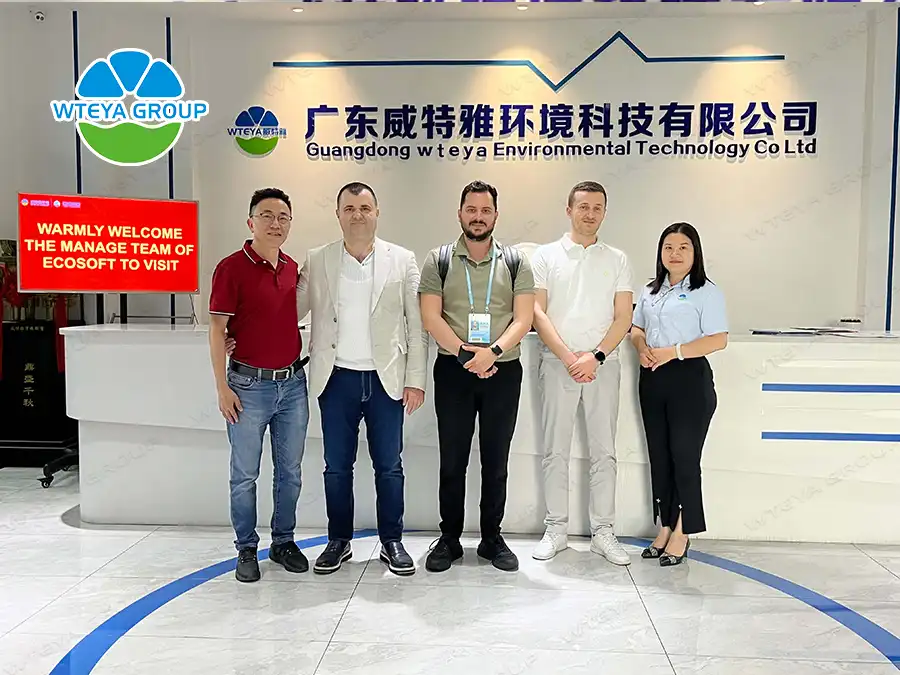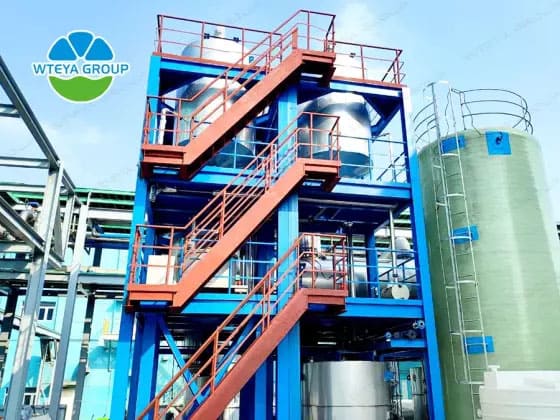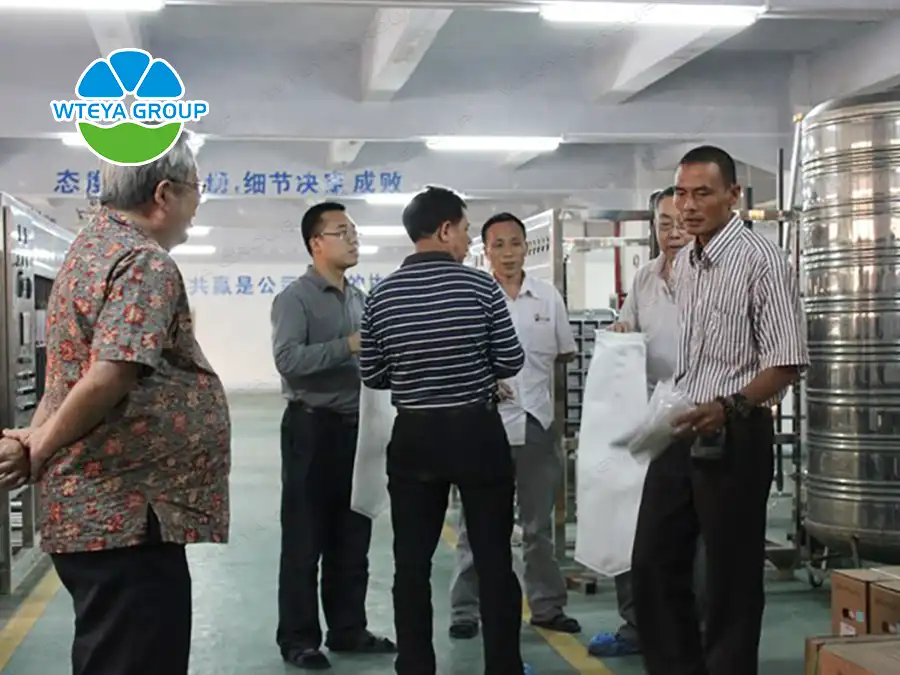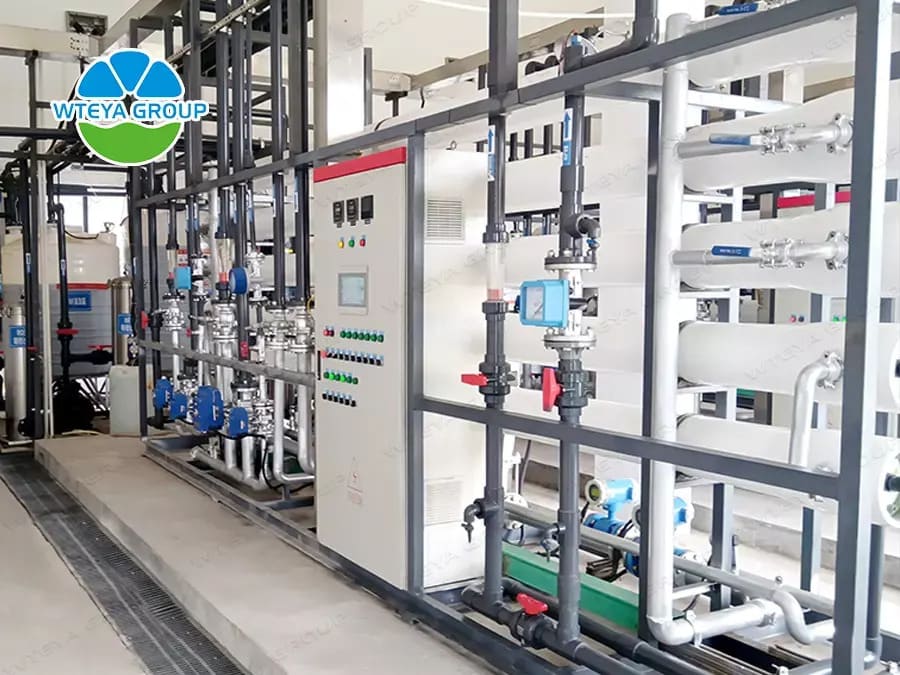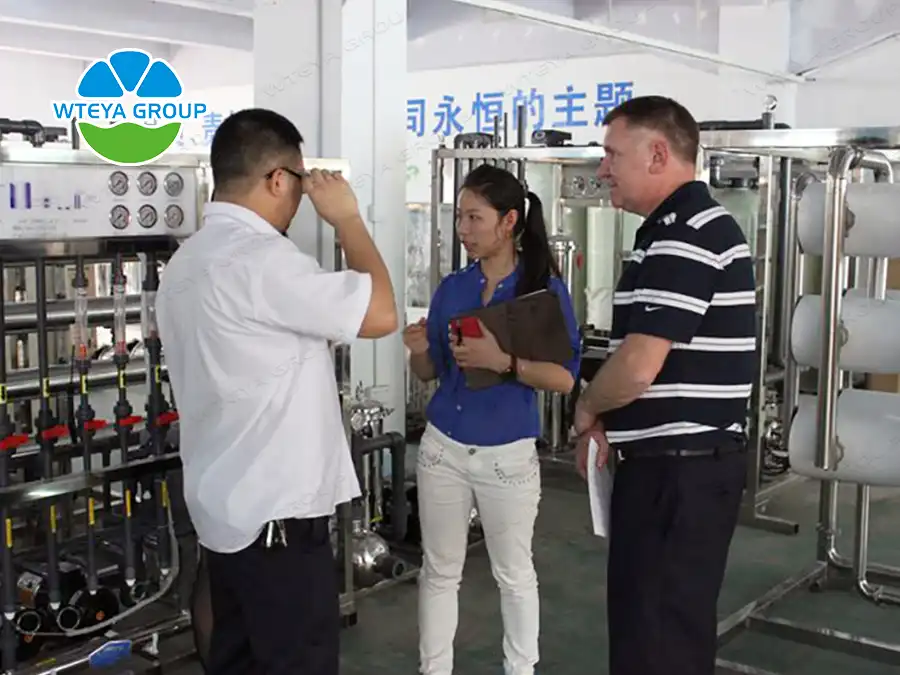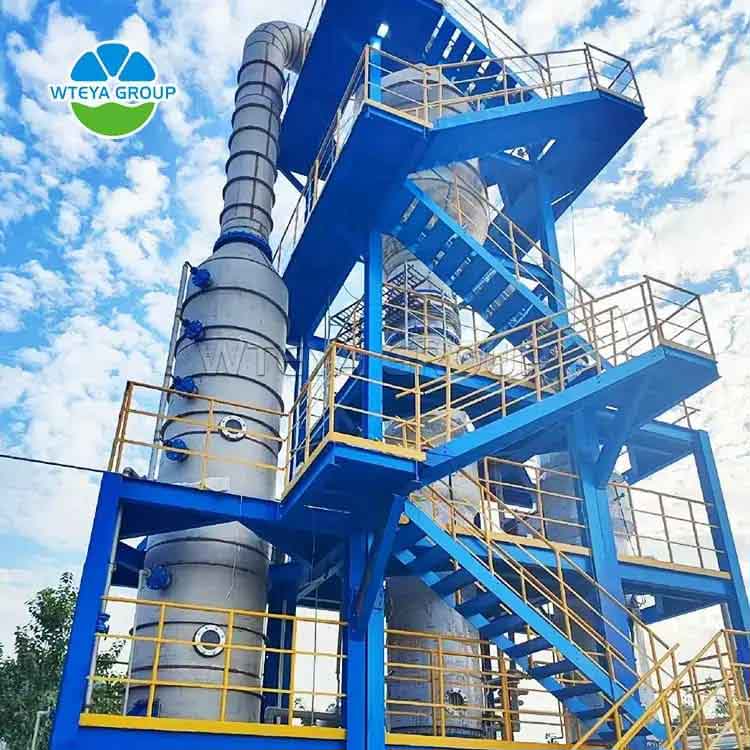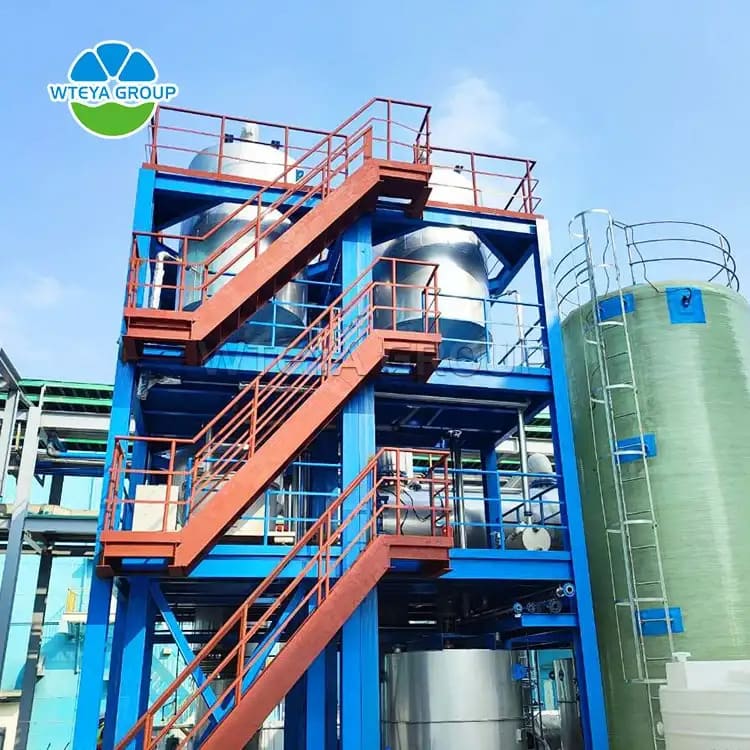MBR Systems: Combining Efficiency and Sustainability in Water Purification
In the world of water purification, Membrane Bioreactor (MBR) systems stand out as a cutting-edge technology that efficiently combines high-quality treatment with environmental sustainability. These systems are increasingly being adopted for both municipal and industrial wastewater treatment due to their ability to deliver high-efficiency filtration and sustainable waste management. In this blog, we’ll explore the key features of MBR systems and how they contribute to efficient, sustainable water purification.
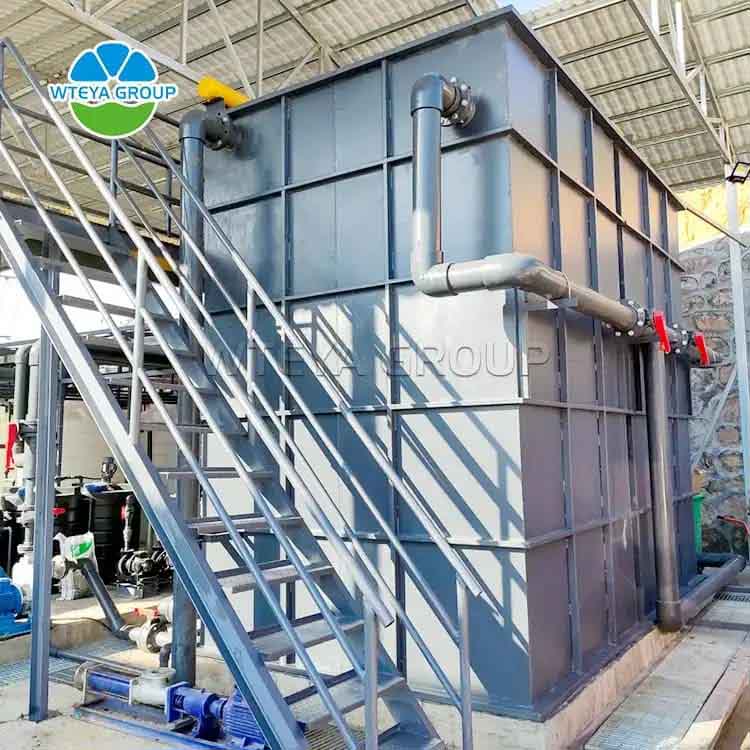
1. Superior Water Quality Through Advanced Filtration
MBR systems utilize membrane filtration to deliver superior water quality, making them ideal for settings where stringent purification standards are required. This filtration process separates solids and bacteria from water, producing highly treated effluent that can be reused or discharged with minimal environmental impact.
- High Efficiency: MBR systems use either microfiltration or ultrafiltration membranes to trap suspended solids, bacteria, and even some viruses, resulting in water that meets or exceeds regulatory standards. The filtration process in MBR systems is so effective that it can produce dischargeable effluent without the need for secondary clarifiers.
- Compact Design: Unlike traditional wastewater treatment plants, MBR systems are compact and space-efficient. Their modular design makes them ideal for locations where space is limited, such as urban environments, industrial facilities, or temporary setups. Despite their smaller size, MBR systems offer the same or better purification performance compared to conventional methods.
- Low Maintenance: With minimal moving parts and an efficient filtration process, MBR systems require less maintenance and fewer chemical additives, reducing operational costs. The membranes used are durable and designed to operate over long periods, offering consistent performance with minimal interventions.
The result is a water purification system that can produce high-quality, safe water while minimizing the complexity and footprint of the infrastructure required.
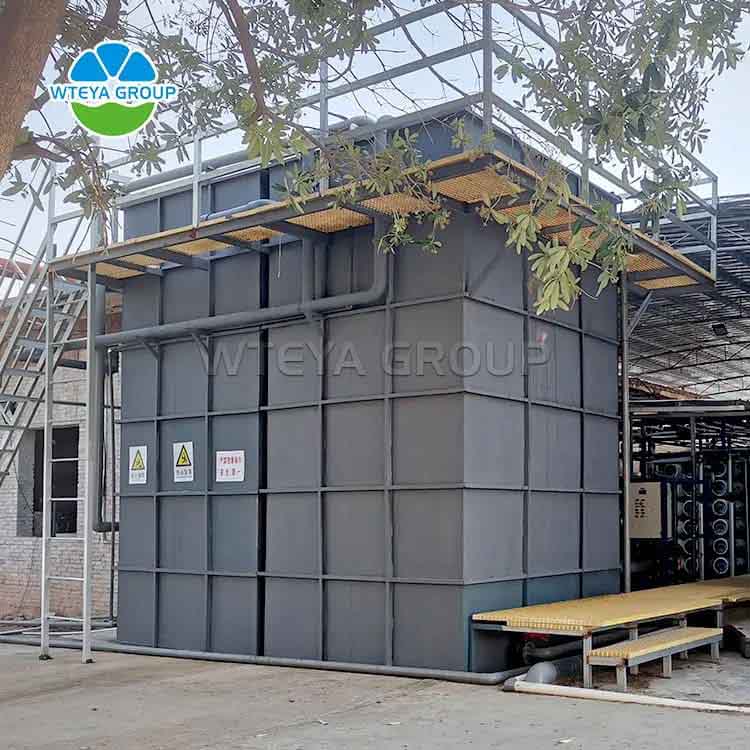
2. Energy Efficiency and Cost-Effective Operation
A significant advantage of MBR systems is their energy-efficient operation, which not only lowers costs but also reduces the environmental impact of water treatment. By incorporating the latest technological advancements, these systems offer cost savings over the long term.
- Reduced Energy Consumption: MBR systems have been designed to use less energy than traditional wastewater treatment methods. The membrane filtration process is optimized to work with minimal energy input, reducing electricity usage. Additionally, the compact design means that pumping costs are lower since water has less distance to travel within the system.
- Fewer Chemicals Required: In traditional systems, water treatment often requires large amounts of chemicals for disinfection and purification. MBR systems, by contrast, rely more on physical filtration than chemical treatments, meaning that fewer chemicals are needed, reducing operational costs and the environmental footprint.
- Extended Lifespan: The components of MBR systems, particularly the membranes, are designed to have long lifespans with minimal wear and tear. Regular maintenance and cleaning help keep these systems running efficiently, lowering the overall cost of ownership and reducing downtime.
These systems, therefore, offer a cost-effective solution for long-term wastewater treatment, balancing operational costs with high-quality water production.
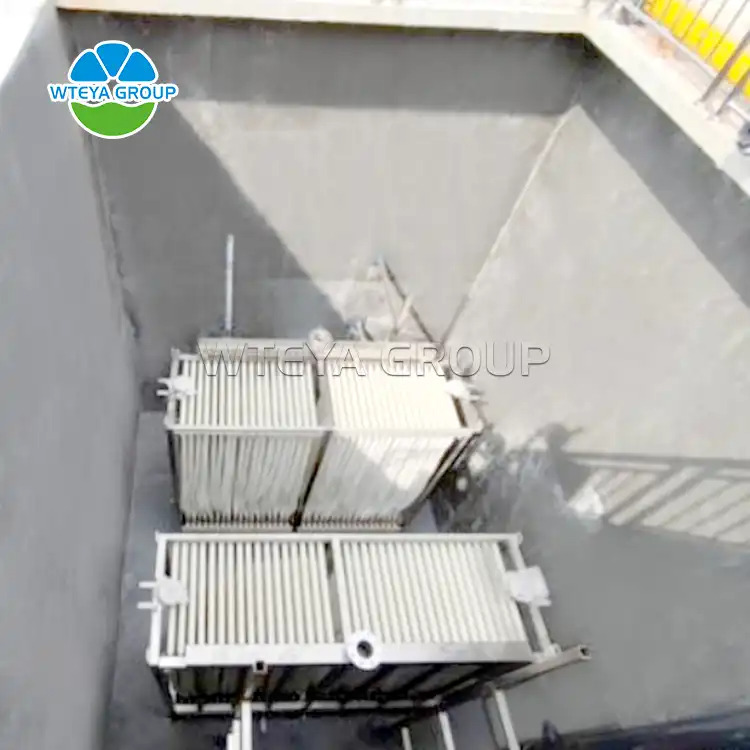
3. Environmentally Friendly and Sustainable
As sustainability becomes a critical concern for industries and municipalities, MBR systems provide an excellent solution for green water management. These systems are designed to reduce environmental impacts through efficient water reuse and lower energy consumption.
- Water Reuse Capabilities: One of the major benefits of MBR systems is the ability to treat wastewater to a high enough quality that it can be reused for purposes like irrigation, industrial processes, or even potable water in some cases. This makes them an essential tool for regions dealing with water scarcity or industries looking to reduce water waste.
- Lower Carbon Footprint: MBR systems’ energy-efficient design and reduced chemical usage contribute to a lower carbon footprint. The system’s compact size also means that less land and fewer resources are needed for installation and operation, further enhancing its sustainability profile.
- Minimal Waste: Traditional water treatment systems often generate large volumes of sludge that must be further treated or disposed of. MBR systems, on the other hand, generate less sludge due to the more efficient filtration process, reducing the burden of waste management and lowering the environmental impact of water treatment.
By offering a solution that emphasizes water conservation, recycling, and reduced waste, MBR systems help organizations meet sustainability goals while maintaining high standards of water treatment.
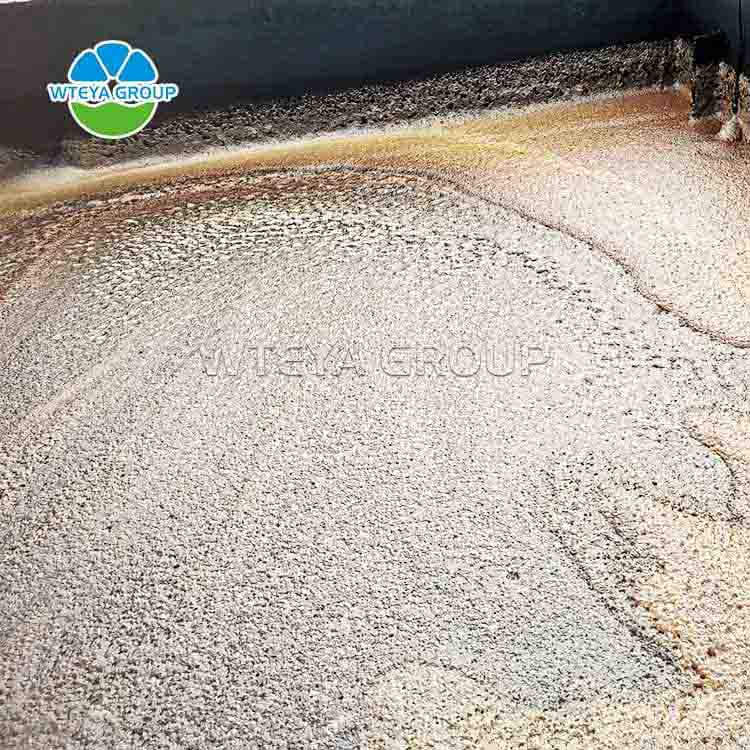
4. Flexible and Scalable for Various Applications
Another standout feature of MBR systems is their flexibility and scalability. These systems can be customized to meet the needs of a wide range of applications, from small-scale municipal plants to large industrial operations.
- Adaptable to Different Water Sources: Whether dealing with industrial wastewater, municipal sewage, or greywater from households, MBR systems can be configured to handle different water qualities and contaminant levels. This makes them a versatile solution for different sectors.
- Scalable to Meet Demand: MBR systems are modular and scalable, meaning that they can easily be expanded as demand increases. Whether you need a system for a small community or a large industrial facility, MBR technology can be adjusted to handle different capacities without compromising performance.
- Industrial and Municipal Applications: MBR systems are used across various industries, including food and beverage, pharmaceuticals, textiles, and municipal wastewater treatment. Their ability to consistently produce high-quality effluent makes them an ideal choice for industries with strict environmental regulations or water quality requirements.
The scalability and flexibility of MBR systems ensure that they are an investment for the future, able to grow and adapt as water treatment needs change over time.
5. Simple Integration with Existing Systems
One of the key advantages of MBR technology is its ability to integrate with existing water treatment systems. For facilities looking to upgrade or modernize their wastewater treatment capabilities, MBR systems can be easily incorporated into the current infrastructure without significant disruption.
- Retrofit Capabilities: MBR systems can be added to traditional wastewater treatment plants, offering an upgrade that improves water quality and operational efficiency. This allows for a cost-effective enhancement of existing systems without the need for a full-scale overhaul.
- Easy Installation: The compact, modular nature of MBR systems means they can be installed with minimal disruption to ongoing operations. This makes them an attractive option for industries looking for a quick and efficient way to improve their water treatment processes.
By offering seamless integration, MBR systems provide a future-proof solution for facilities looking to stay ahead in water management and environmental compliance.
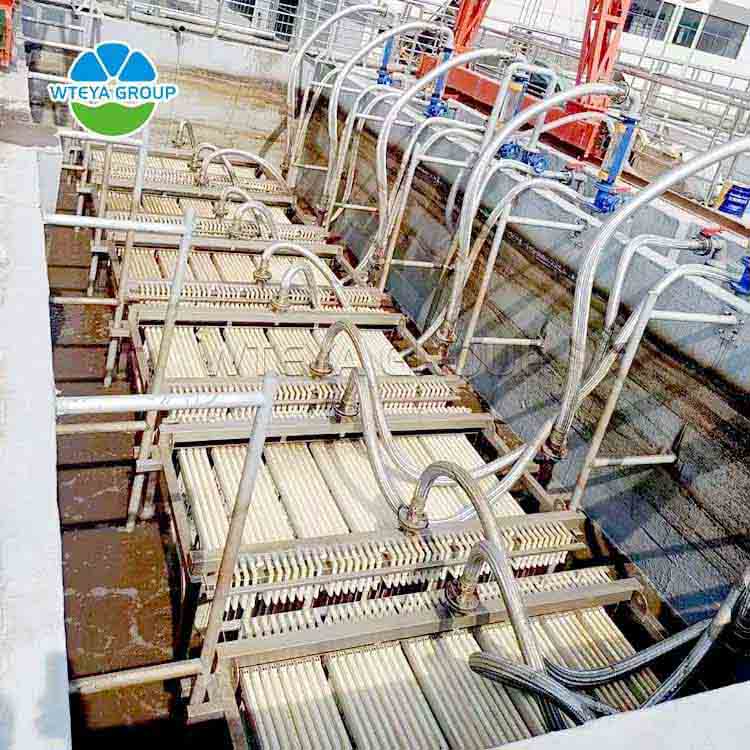
Conclusion
MBR systems combine the best of efficiency, sustainability, and versatility to provide a comprehensive water purification solution. With their advanced filtration, energy efficiency, and environmentally friendly design, MBR systems are setting the standard for the future of water treatment. Whether used in municipal wastewater treatment or industrial applications, MBR technology offers a reliable, scalable solution for high-quality, sustainable water management.









